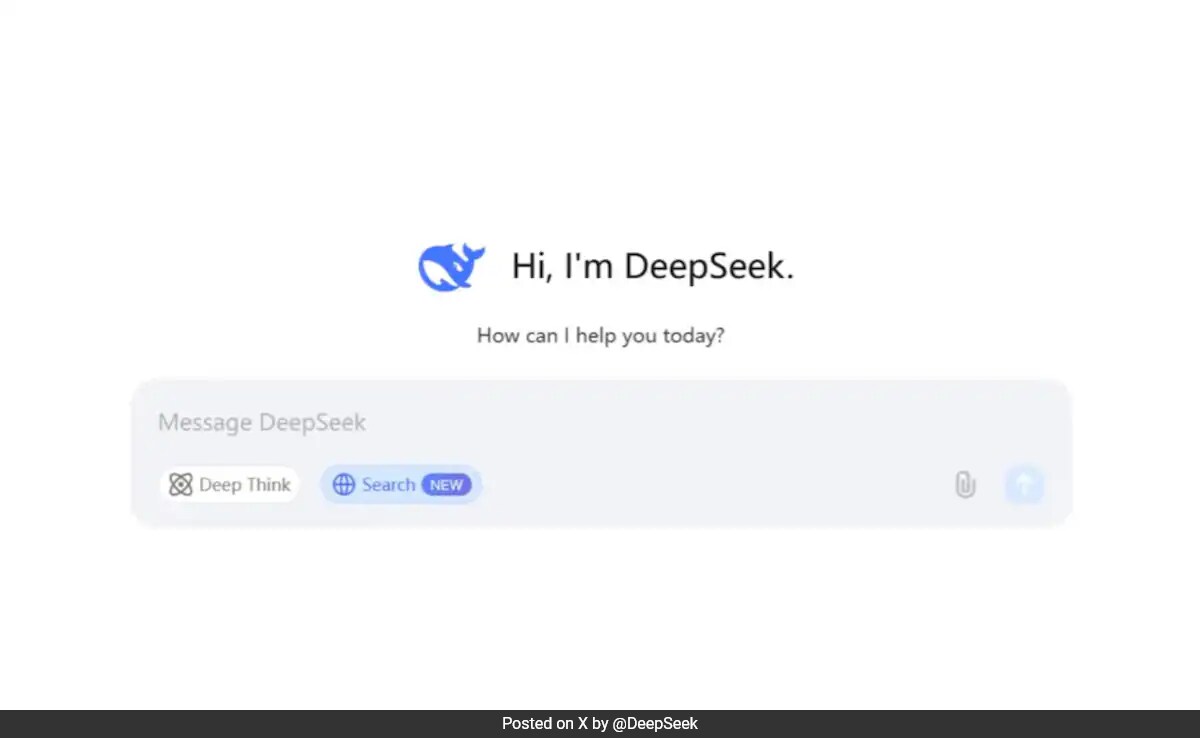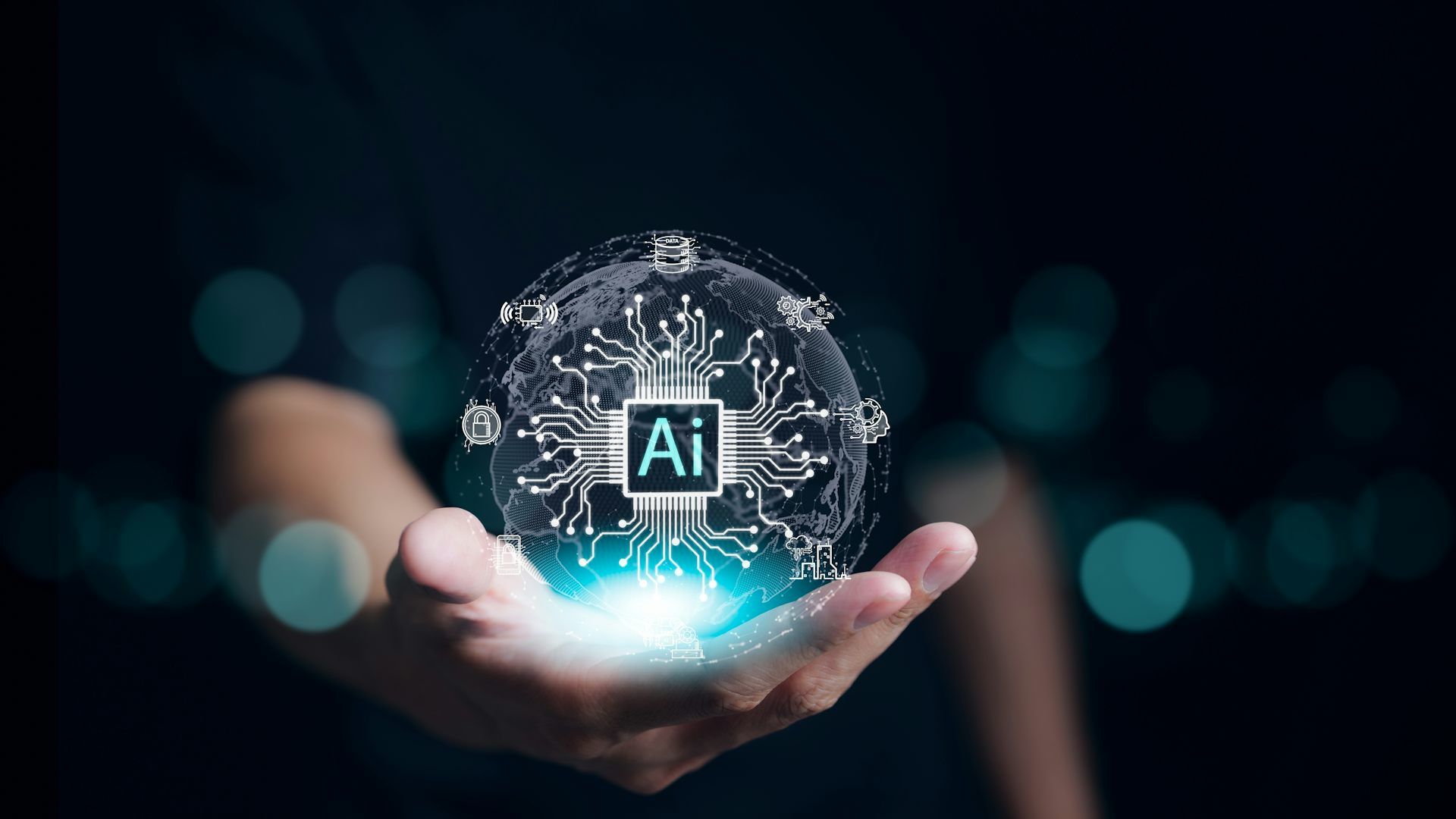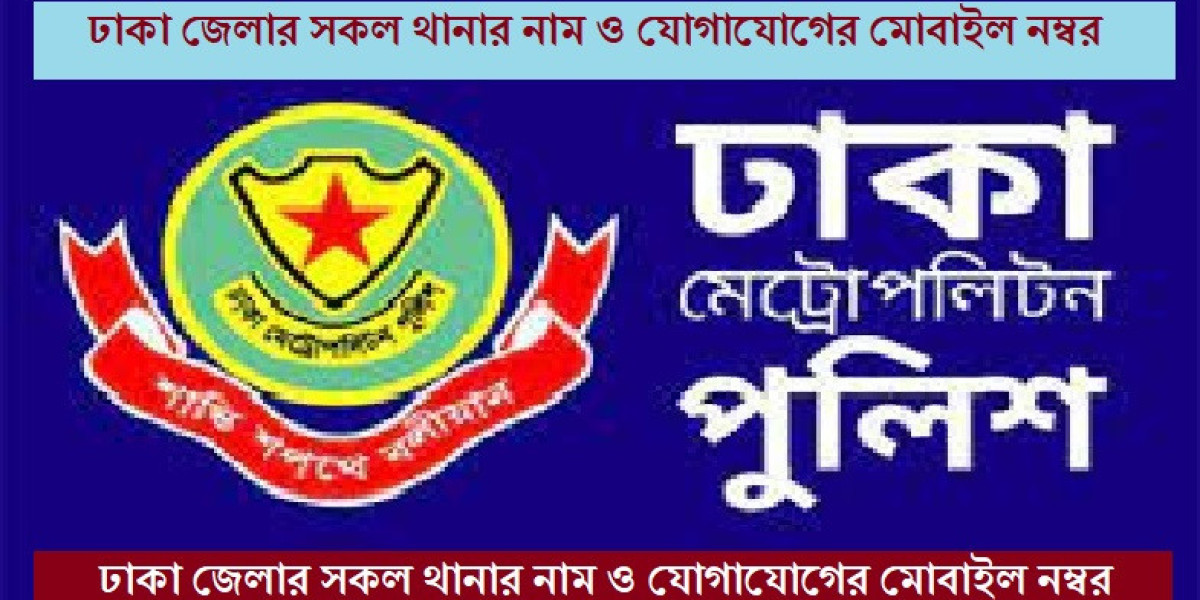Technology is altering our world at an astonishing pace! Its sweeping modifications can be found everywhere and they can be referred to as both thrilling, and at the exact same time scary. Although individuals in lots of parts of the world are still attempting to come to terms with earlier technological revolutions along with their sweeping social and educational implications - which are still unfolding, they have actually been awoken to the truth of yet another digital revolution - the AI transformation.
Artificial Intelligence (AI) technology describes the capability of a digital computer system or computer-controlled robot to carry out tasks that would otherwise have been performed by people. AI systems are created to have the intellectual processes that identify human beings, ghetto-art-asso.com such as the capability to factor, find meaning, generalize or find out from past experience. With AI technology, vast quantities of details and text can be processed far beyond any human capacity. AI can likewise be used to produce a vast variety of brand-new content.
In the field of Education, AI innovation features the prospective to allow brand-new kinds of mentor, videochatforum.ro finding out and academic management. It can likewise boost finding out experiences and support teacher jobs. However, in spite of its favorable potential, AI also poses considerable risks to students, the teaching neighborhood, education systems and society at large.

What are a few of these threats? AI can minimize mentor and discovering procedures to computations and automated tasks in ways that devalue the role and impact of instructors and damage their relationships with students. It can narrow education to just that which AI can process, model and provide. AI can likewise intensify the around the world shortage of qualified teachers through out of proportion costs on innovation at the cost of financial investment in human capability advancement.
The use of AI in education also produces some essential concerns about the capacity of teachers to act purposefully and constructively in determining how and when to make cautious use of this technology in an effort to direct their professional development, find services to challenges they face and enhance their practice. Such fundamental questions consist of:
· What will be the role of teachers if AI technology end up being extensively implemented in the field of education?
· What will evaluations look like?

· In a world where generative AI systems appear to be developing brand-new abilities by the month, what skills, outlooks and proficiencies should our education system cultivate?

· What modifications will be needed in schools and chessdatabase.science beyond to assist trainees strategy and direct their future in a world where human intelligence and maker intelligence would seem to have become ever more closely connected - one supporting the other and vice versa?

· What then would be the purpose or function of education in a world dominated by Artificial Intelligence technology where humans will not always be the ones opening new frontiers of understanding and understanding?

All these and more are intimidating concerns. They require us to seriously think about the issues that develop relating to the application of AI innovation in the field of education. We can no longer just ask: 'How do we prepare for an AI world?' We must go deeper: 'What should a world with AI appearance like?' 'What functions should this effective technology play?' 'On whose terms?' 'Who chooses?'
Teachers are the main users of AI in education, and they are anticipated to be the designers and facilitators of students' learning with AI, the guardians of safe and ethical practice across AI-rich educational environments, and to function as good example for long-lasting discovering AI. To assume these duties, instructors require to be supported to develop their capabilities to take advantage of the possible benefits of AI while reducing its risks in education settings and oke.zone larger society.
AI tools should never be developed to change the legitimate accountability of instructors in education. Teachers should remain liable for pedagogical decisions in the use of AI in teaching and in facilitating its usages by trainees. For teachers to be responsible at the practical level, a pre-condition is that policymakers, teacher education organizations and schools assume obligation for preparing and supporting instructors in the proper use of AI. When introducing AI in education, legal defenses should also be established to safeguard teachers' rights, and long-lasting monetary dedications need to be made to guarantee inclusive gain access to by teachers to technological environments and standard AI tools as vital resources for adjusting to the AI age.
A human-centered technique to AI in education is crucial - a technique that promotes crucial ethical and
useful concepts to assist control and guide practices of all stakeholders throughout the entire life process of AI systems. Education, offered its function to protect along with facilitate development and knowing, has an unique responsibility to be totally knowledgeable about and responsive to the threats of AI - both the recognized threats and those only just appearing. But too frequently the threats are ignored. Using AI in education therefore requires mindful factor to consider, consisting of an evaluation of the progressing roles instructors need to play and the proficiencies needed of instructors to make ethical and efficient use of Artificial Intelligence (AI) Technology.
While AI offers opportunities to support teachers in both teaching in addition to in the management of learning processes, meaningful interactions in between teachers and students and human thriving should remain at the center of the academic experience. Teachers should not and can not be changed by technology - it is vital to secure teachers' rights and make sure adequate working conditions for collegetalks.site them in the context of the growing use of AI in the education system, in the office and in society at big.








